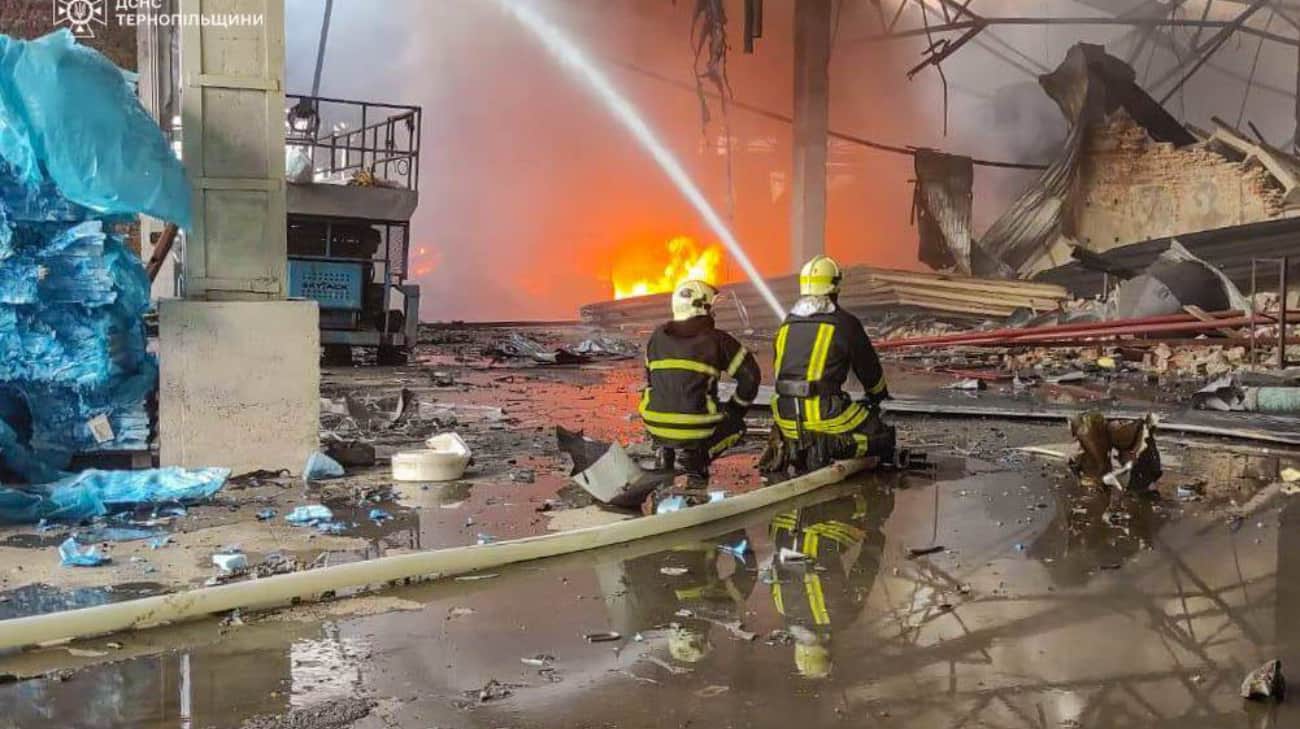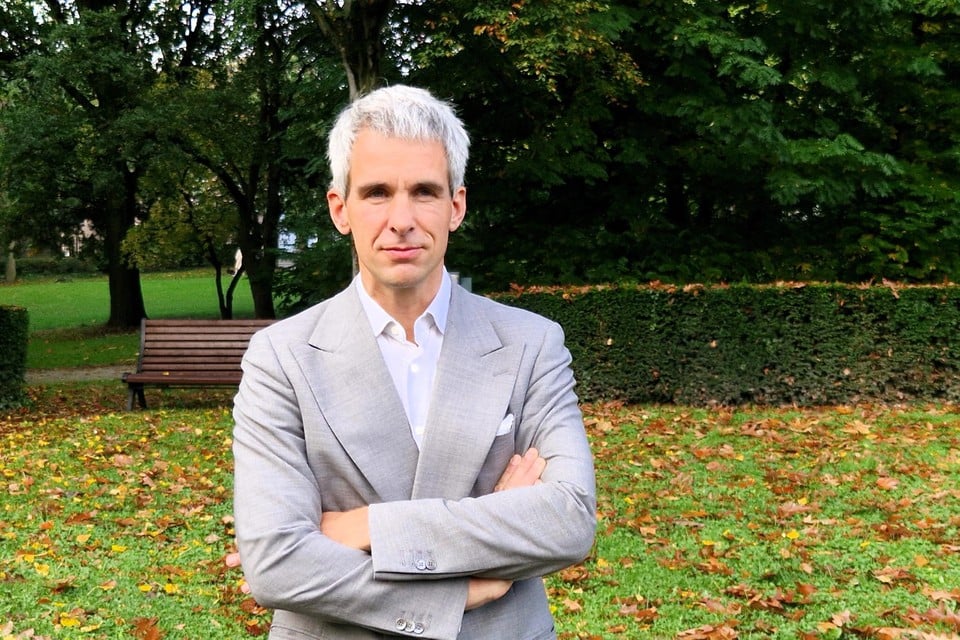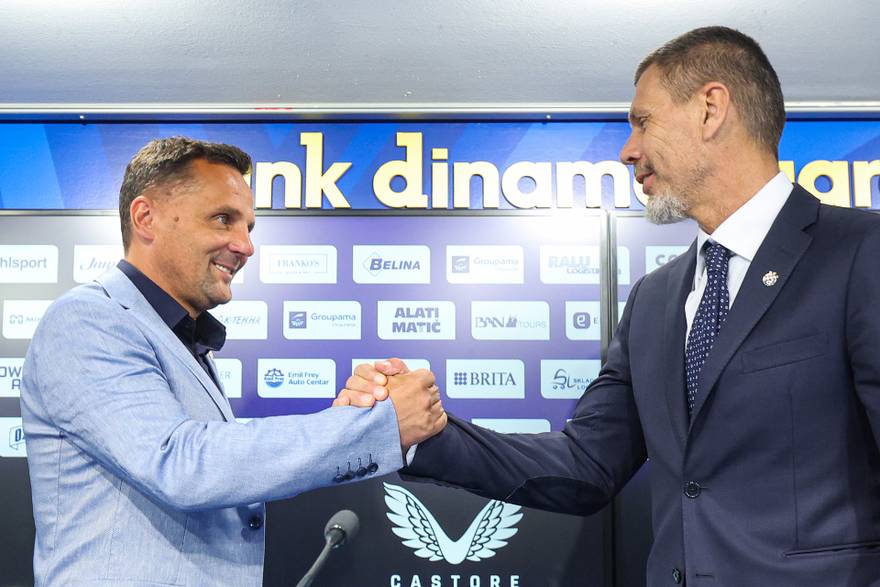Protected accommodation in the north is closed down

Since April 1, 2024, permission from IVO, the Inspection for Health and Care, has been required to run a protected accommodation as a private actor.
Olga Persson, chairman of Unizon, was initially positive about the demands for improved quality. But she notes that several smaller women’s shelters have had to close their sheltered housing, while most people have been able to retain their support activities. Among other things, it is the requirement for staffing around the clock that several accommodation that has been run voluntarily has found it difficult to fulfill.
Reducing investments for several years, and lack of funding, are also a major reason why on -calls have discontinued protected housing.
It is above all Large parts of northern Sweden that have been affected by the tougher requirements. The majority of the calls in Norrbotten have closed their sheltered accommodation.
– The support has become more centralized and there will be white spots on the map where you may have to go 20-30 miles to get the support of a natural person, says Olga Persson at Unizon.
Several of the on -call in Norrbotten still have call support with staff during the day. In Gällivare, the women’s shelter Nike closed its sheltered accommodation just before the new law was introduced. The on -call early judged that there were no finances or resources to meet the requirements.
Anna warrior is alone on the call where she works 40 percent.
– We have done away with everything except storage and an employee, me.

Gällivare Municipality offers sheltered accommodation but then in another place and support for temporary accommodation, for example in hotels.
But it’s too little, says Anna Warrior, who adds that the on -call tries to find accommodation options through private housing companies. The housing situation in the ore fields further makes the situation more difficult, she says.
– Women who have lived under economic violence cannot afford to live in a newly built two -room apartment for SEK 10,000.
The need for help for violent women in Gällivare is great. During the first four weeks of the year, seven women contacted the on -call. Last year, over 35 women heard from about 550 contact cases, according to Anna Warrior.
– With us you can be anonymous, which is a security for many. We are independent from the social services and can support women in what they need for the moment.
The on -call survives on state grants and municipal support.
– We go on a low flame to remain. Our goal is to have an apartment again and give violent women the chance to live there, says Anna Warrior.
One year after the new The law had been introduced, IVO had received a total of 203 applications for permission to conduct protected housing, of which six have been granted.

Among Unizon’s on -call, four have been assigned permission from IVO, none in northern Sweden.
What are the risks that there is no sheltered accommodation in the resort?
– The risk is that women will remain in violent relationships. If you are terrified, you will not go out the door with three children without knowing that you have somewhere to go, says Olga Persson.
She believes that the government should have analyzed the consequences before the law was introduced.
– For example, what does it mean that protected housing will hardly be in Norrbotten, she says and continues:
– The municipality has a great responsibility to take here. If the government sees that the municipalities do not cope with the vital assignment, to provide support and protection for violence against women and children, then they must act.
Fredrik Lennartsson, acting Head of department for the permit test at IVO, says the processes have had to take time.
– The law must secure support for children and those in need of protected housing. Then we need to maintain a high quality. Now we feel that we can make a legally secure assessment and thus test the applications received.
IVO reviews, among other things, the staff’s staffing and that there are employed staff with adequate training.
– Volunteers can supplement, but based on the legislation, the business staff must have adequate eligibility, says Fredrik Lennartsson.
Social Services Minister Camilla Waltersson Grönwall says in a written comment to DN that the non -profit organizations can receive government grants to meet the new quality requirements. The Government has also commissioned the State Office to follow up and analyze the effects of the reform. She emphasizes that it is the municipalities’ responsibility to ensure that women throughout the country should be entitled to sheltered housing, for example by buying places if needed.








